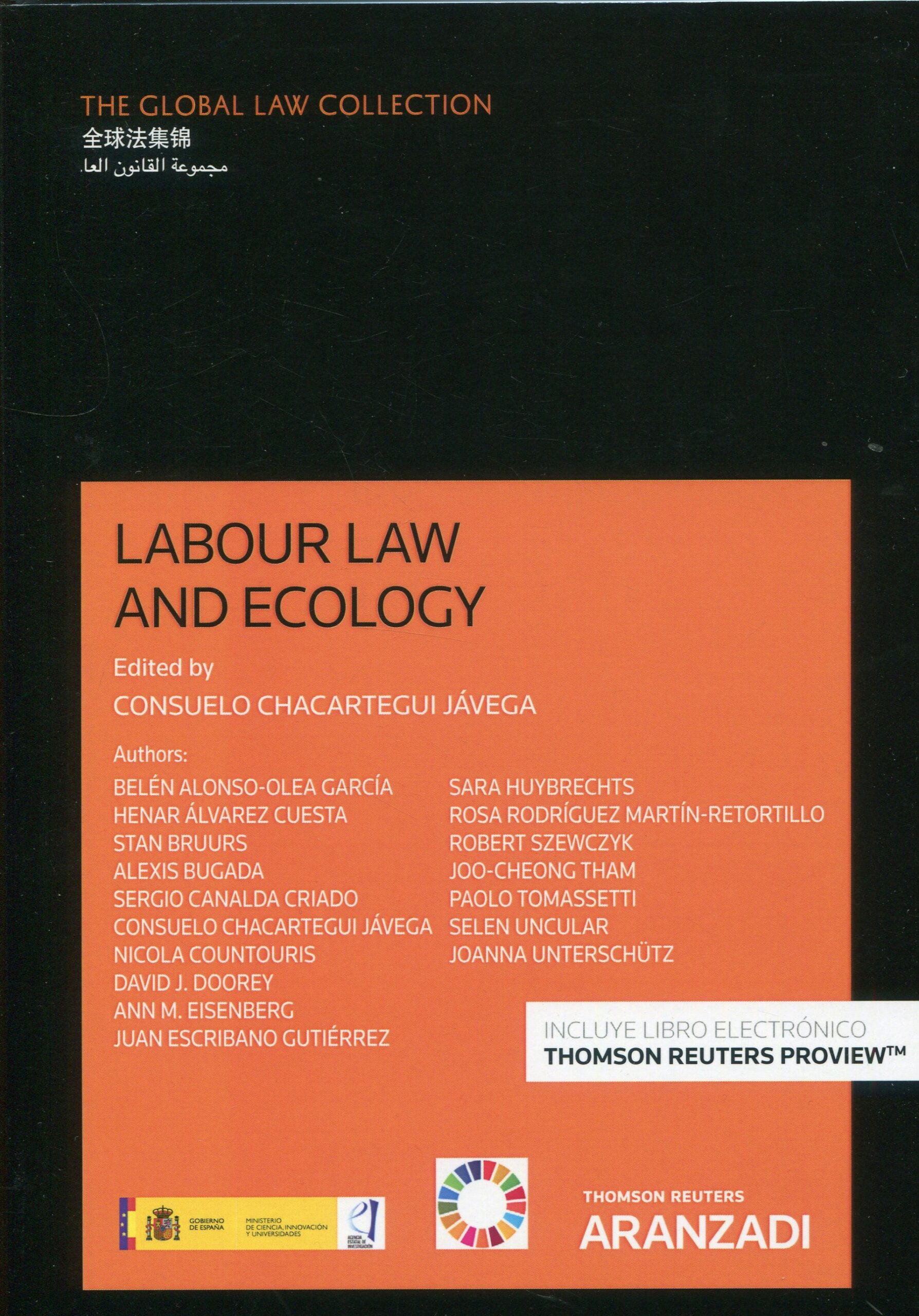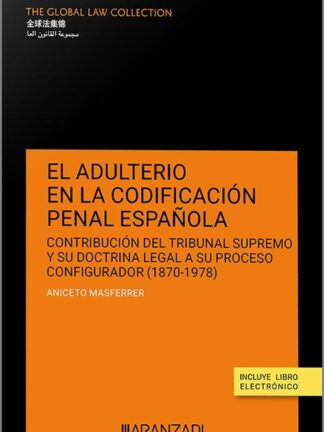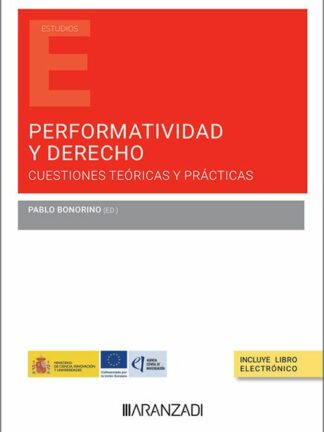Descripción
Labour law and ecology
Labour law is a necessary discipline for achieving sustainable environmental companies, both to make the regulation of labor rights more effective and to realize a vigorous contribution to the mitigation of climate change. Labour and the environment are not strictly separable. The integration of the ILOs Decent Work Agenda in the UN 2030 Agenda for Sustainable Development is a remarkable event that directly connects with the hard core of fundamental rights and freedoms at work. The goals and objectives of climate and energy policy interrelate in complex ways. Sustainability requires participation, consultation, and agreement tools. National legislations on information and consultation of workers, as well as supranational instruments, might play an important role in this regard. Labor rights, both substantive and procedural, are an indispensable element in the design and operation of multilateral ecological governance. Recognising this reality can deepen the protective function of labour law, benefitting both workers and the environment.




